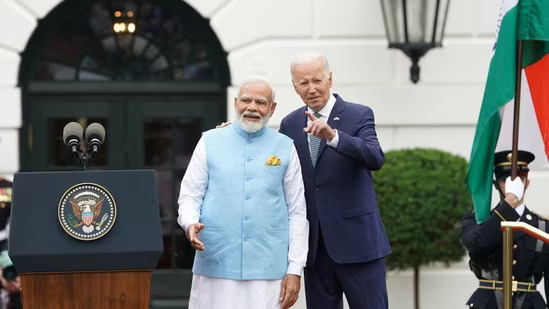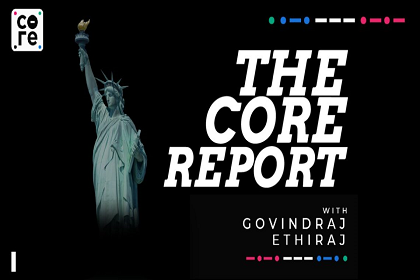Unfolding Geopolitics | Episode 2, Essequibo dispute: colonial shadows and resource riches
Venezuela's claim to the Essequibo region of neighbouring Guyana has focused world attention on yet another colonial-era border dispute. With elections coming up, the declining Venezuelan economy laying claim to newly-discovered rich oil and mineral deposits in Guyana has some traction. For Guyana, the claim to its land is non-negotiable as this developing country looks forward to accessing its own wealth. Purvi Patel, Visiting Fellow at Gateway House and Latin America expert, offers her insight.









![CNBC-TV18 - Spotlight On India Hosting G20 Foreign Ministers Meeting In New Delhi Newscentre CNBC-TV18 [Su3jj5MFWkM - 853x480 - 2m05s]](https://www.gatewayhouse.in/wp-content/uploads/2023/03/CNBC-TV18-Spotlight-On-India-Hosting-G20-Foreign-Ministers-Meeting-In-New-Delhi-Newscentre-CNBC-TV18-Su3jj5MFWkM-853x480-2m05s.png)
